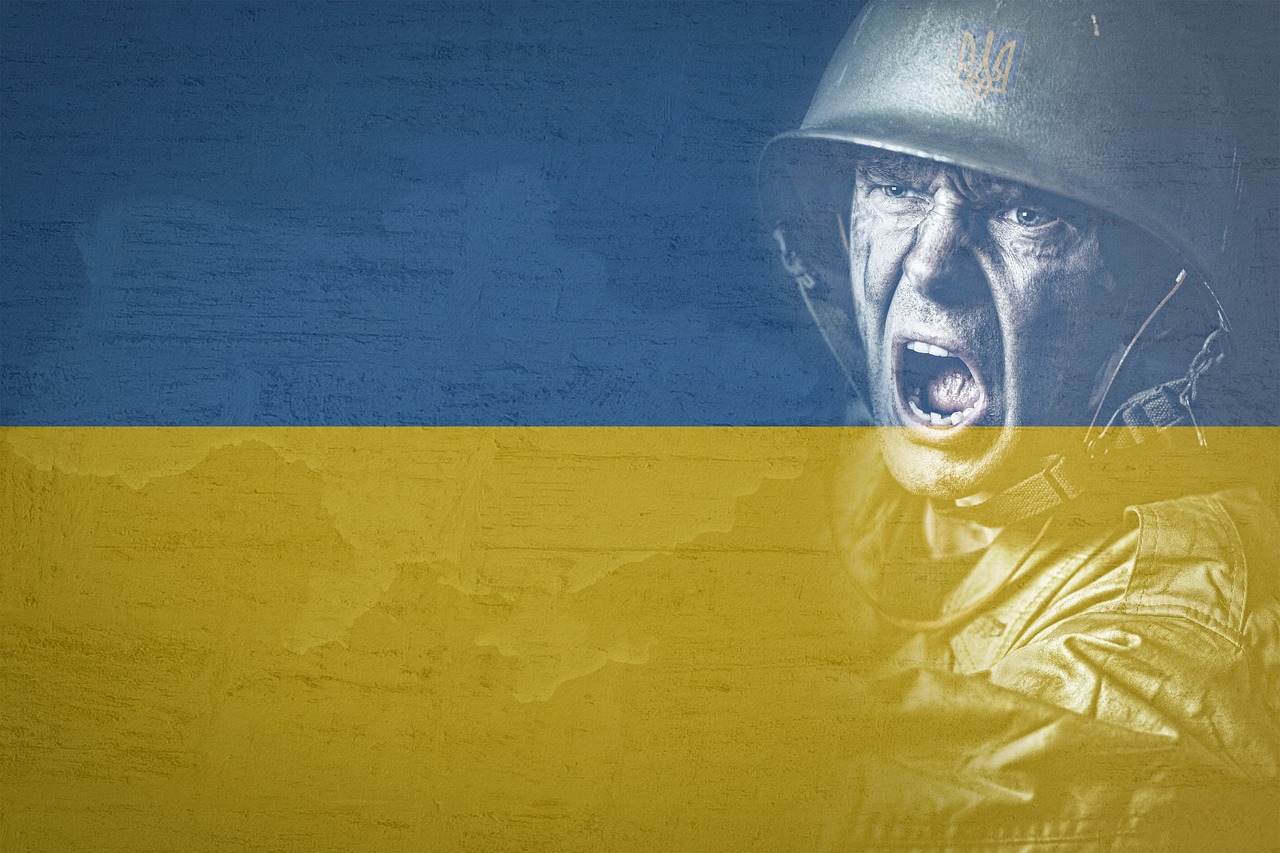
Trump's Peace Vision for Ukraine: Is Crimea off the Table?
Trump Administration’s Focus on Peace in Ukraine As the Trump administration prepares to take office, its approach to the ongoing conflict in Ukraine is coming into sharper focus.

As the Trump administration prepares for its inauguration, a senior adviser has articulated a significant shift in the U.S. strategy regarding Ukraine. Rather than prioritizing the recovery of territories lost to Russia, the incoming administration aims to foster a peaceful resolution to the ongoing conflict. This perspective raises questions about the future of U.S.-Ukraine relations and the broader implications for European security.
Bryan Lanza, a Republican strategist and adviser to President-elect Trump, emphasized that the administration will encourage Ukrainian President Volodymyr Zelensky to present a realistic vision for peace. Lanza expressed skepticism about any insistence on regaining Crimea, which Russia annexed in 2014. He stated that if Zelensky’s only condition for peace centers on reclaiming Crimea, it indicates a lack of seriousness about achieving resolution.
Lanza pointed out that Crimea is effectively “gone” and that the U.S. should not be expected to commit American troops for its recovery. He conveyed respect for the resilience of the Ukrainian people but reiterated that U.S. priorities lie in ceasing hostilities and finding common ground for peace negotiations.
While Lanza did not address eastern Ukraine specifically, he made it clear that returning Crimea would not be a goal of the United States under Trump’s leadership. This stance diverges from previous commitments made by Ukraine regarding territorial integrity and sovereignty.
The transition period has sparked discussions about how Trump will navigate peace talks. An unnamed source from Trump’s National Security Council indicated that those outside his inner circle might not fully understand his approach to national security issues.
In this context, Trump’s recent conversation with Zelensky, which reportedly lasted around 30 minutes, was described as warm but lacking substantial dialogue on pressing matters. Critics have accused Trump of being too conciliatory towards Russian President Vladimir Putin, suggesting his suggested policies could jeopardize European stability.
As Trump gears up for office, he faces pressure from various factions regarding military support for Ukraine. A recent paper authored by former national security officials advised continued U.S. support but with conditions tied to Ukraine entering peace negotiations with Russia.
In light of this evolving situation, it remains uncertain how these new strategies will impact the conflict and what they mean for international relations moving forward. The complexities surrounding Ukraine’s territorial ambitions and U.S. military aid will likely continue to be hotly debated as the new administration takes shape.

Trump Administration’s Focus on Peace in Ukraine As the Trump administration prepares to take office, its approach to the ongoing conflict in Ukraine is coming into sharper focus.

Trump’s Tariff Plans: A Day-One Agenda Against Drug and Human Trafficking In a bold move to combat drug and human smuggling, President-elect Donald Trump has announced plans to impose significant tariffs on Mexico, Canada, and China immediately after his inauguration on January 20.